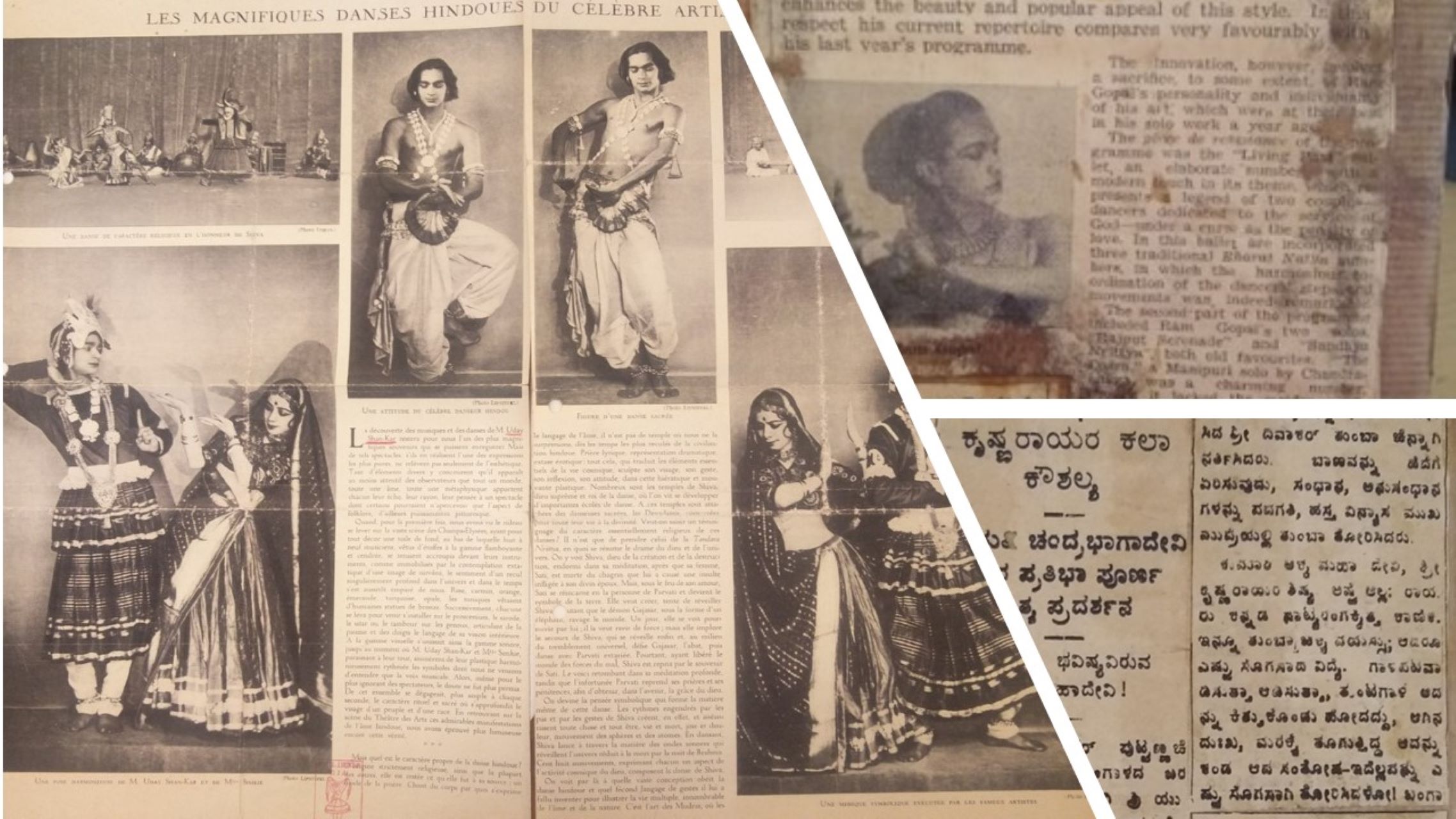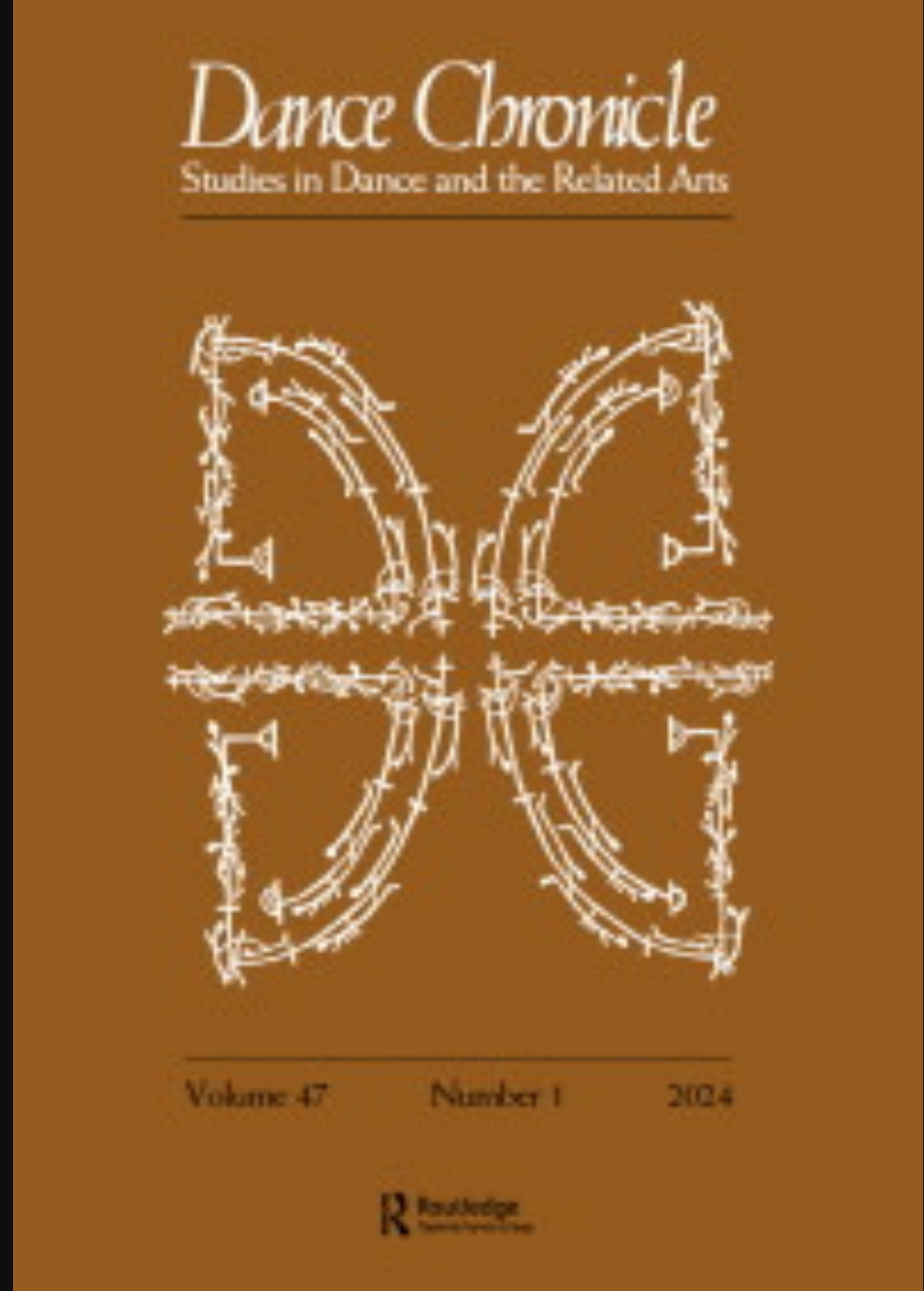Research

In my book project, I explore how early-twentieth-century print media shaped transnational discourse on South Asian performance, nationhood, class, and social and gendered organization. I analyze how historical public narratives perpetuated an Oriental fascination for performances drawing from classical, vernacular, and folk traditions. These narratives often devalued the labor and artistry of subaltern performers while validating the appropriation of South Asian techniques by white artists. Critical responses tended to focus on religious exoticism and regulated gender and class identities for subaltern subjects. Alternatively, Indian anti-colonial voices reclaimed classical traditions, and together my project highlights the role of critics in choreographing the classicist revival in India. Transnational criticism played a key role in scripting the global impact of the revival, which was primarily centered on events within India.
Recent Publication

Priya Venkat Raman (2024) Indian Dance Criticism as Decolonial Post-Performance Performative, Dance Chronicle, https://doi.org/10.1080/01472526.2024.2309037
In this paper, I theorize criticism as post-performance performative. That is, I stage critiques as both residues of past performances as well as performative texts in their own right. Criticism embodies power and primacy to construct and sustain cross-cultural and disparate paradigms with which to experience performance in ways that both exceed the capacity of the dance and selectively reconstitute aspects of the performance. Specifically advancing methods for decolonizing criticism, I analyze archival evidence to highlight how critics savored the rasa, meaning the flavor of the performances, and criticism reactivated the felt or sensorial experience. In this configuration, both the artist and the critic exercised agency in the representation and reproduction of content.
In an upcoming work, I analyze historical and contemporary performance as a rasaic critic. I highlight that the inherent flexibility of rasa theory enables critics to enjoy affective pleasures and also articulate feminist responses.
